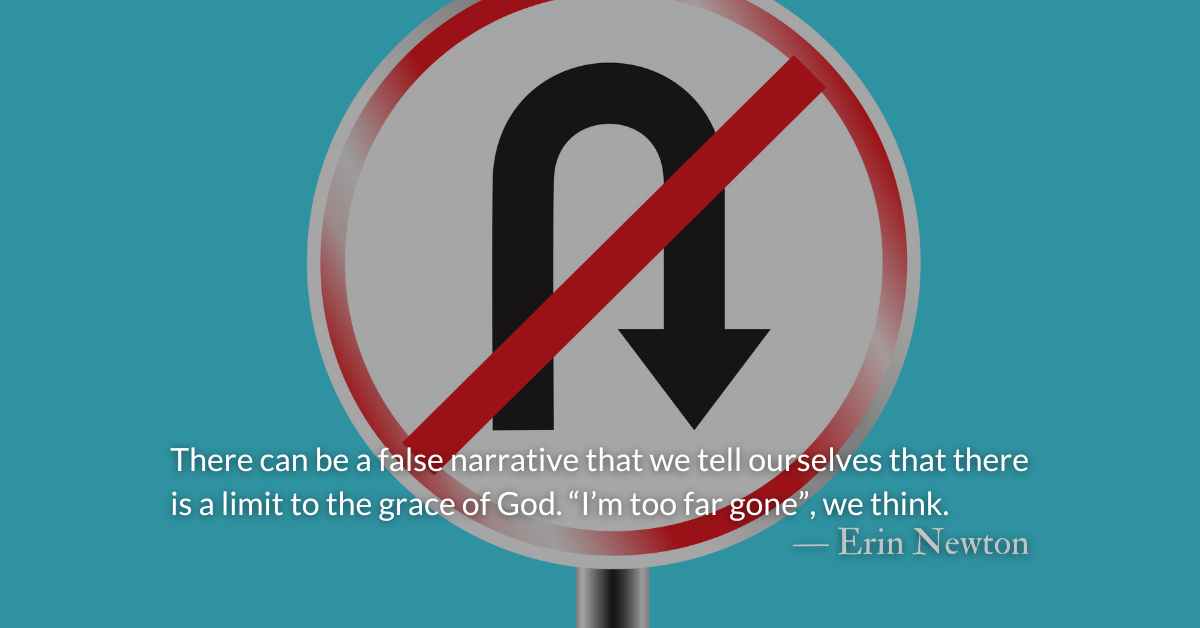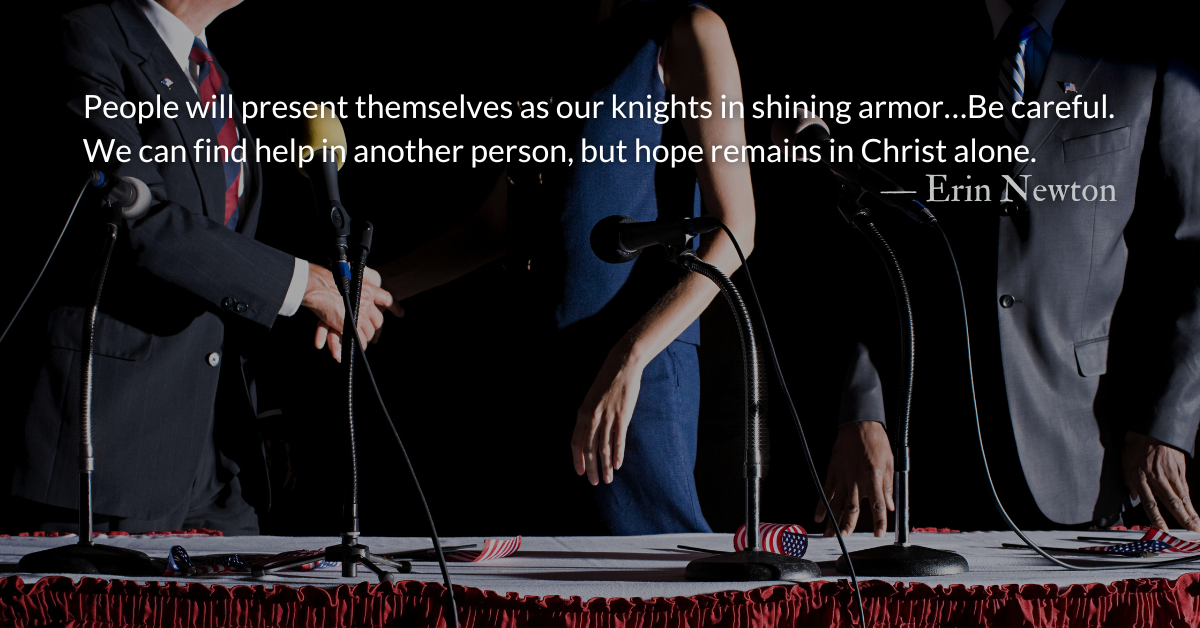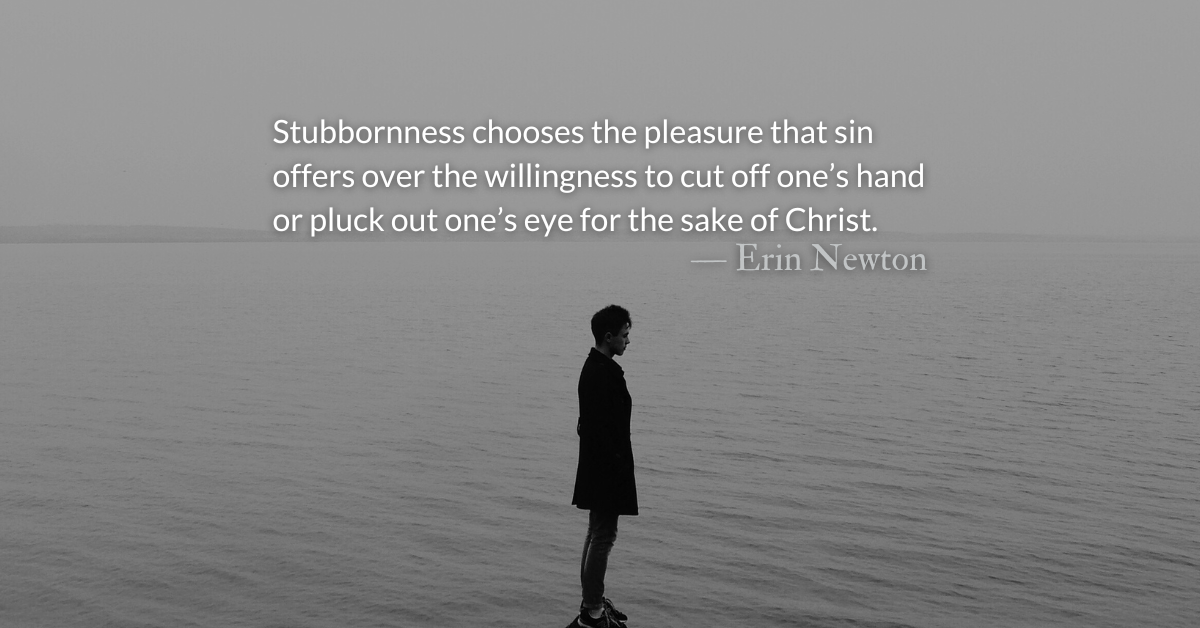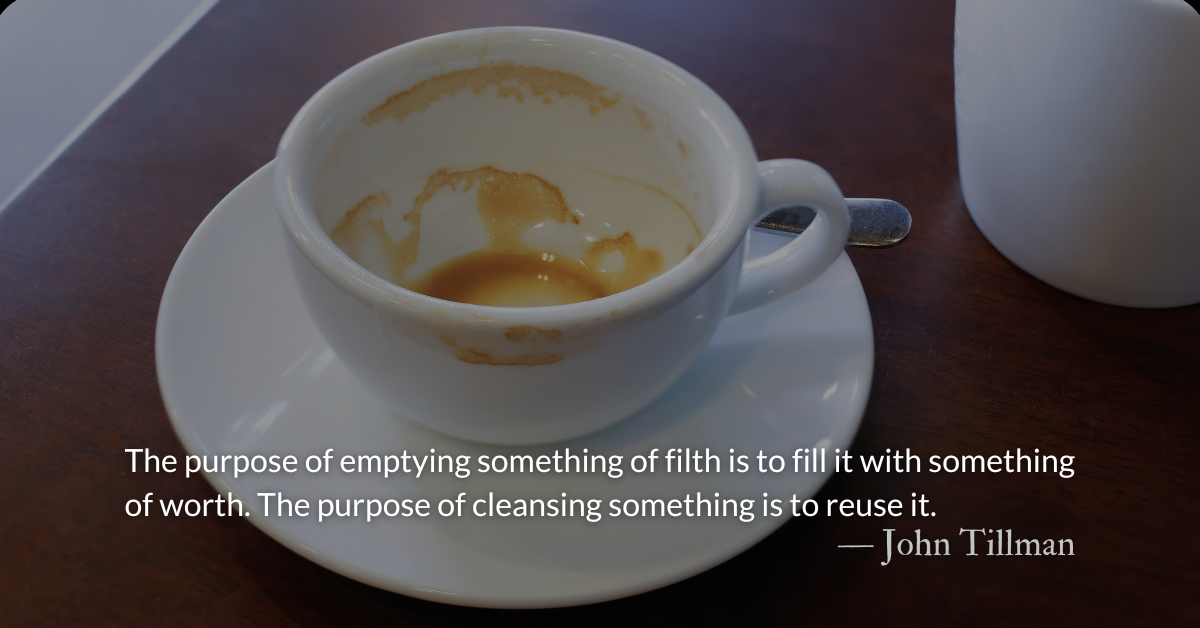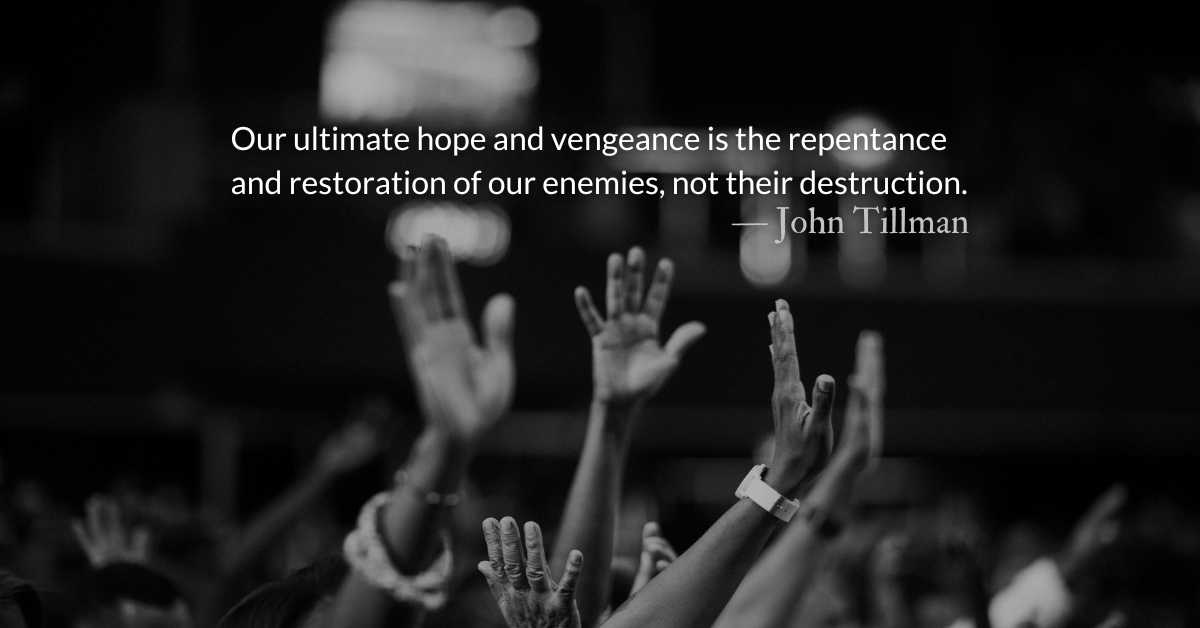Scripture Focus: Jeremiah 18.12
12 But they will reply, ‘It’s no use. We will continue with our own plans; we will all follow the stubbornness of our evil hearts.’”
Reflection: Never Too Far
By Erin Newton
The fate of Israel is like watching a train wreck.
God calls out to the people through Jeremiah trying to warn them of the coming disaster. It is like the warning signs you see when driving the wrong direction down the road. You bypass the signs telling you not to turn, past the signs that tell you not to enter, and eventually, you’re facing oncoming traffic. But you’ve committed to getting on the highway, so you keep barreling down the road to impending doom.
Is there any time when someone is too deep in sin to repent? Has there been a time in your life where sin had escalated so much so that you gave up trying to change your ways?
As we saw earlier this week, stubbornness is the hardening of the heart. It is the resolute defiance against change despite consequences or rebukes. There can be a false narrative that we tell ourselves that there is a limit to the grace of God. “I’m too far gone”, we think. Out of shame of possibly sinning “too much” or “too severely,” we assume we cannot return to God.
On the other hand, perhaps some wish to be out of reach of God. There is no shame for one’s sin in this scenario, only the lust to continue.
In either case, the truth is that all our sins are seen by God. The psalmist ponders this question, “Where can I go from your Spirit? Where can I flee from your presence? If I go up to the heavens, you are there; if I make my bed in the depths, you are there.” (Psalm 139.7-8) There is nothing that is hidden, nothing out of reach.
As Betsy Ten Boom once said, “There is no pit so deep that God’s love is not deeper still.” The limitlessness of God’s love nullifies the sentiment, “It’s no use.” We cannot let our shame limit the forgiving nature of our God. We must not coddle our sins and limit our free will to change.
Because our mortal bodies are bound to continue in the realm of time and space, we know that we must continue on each day. For those who have given up on God and themselves, the choice is inevitable disaster. For those who choose to listen to God’s call to return, it is a promise of abundant life.
Divine Hours Prayer: The Small Verse
Let me seek the Lord while he may still be found. I will call upon his name while he is near.
– From The Divine Hours: Prayers for Summertime by Phyllis Tickle.
Today’s Readings
Jeremiah 18(Listen -3:40)
1 Thessalonians 3(Listen – 1:44)
Read more
Read more about Worth Doing Poorly
No matter how far short we fall, anyone can turn in repentance and take steps with Jesus that make a difference.
Readers’ Choice is Coming!
What posts from the past 12 months helped you? Even if all you have to say is, “It blessed me,” share it with us and we’ll share it with others.

